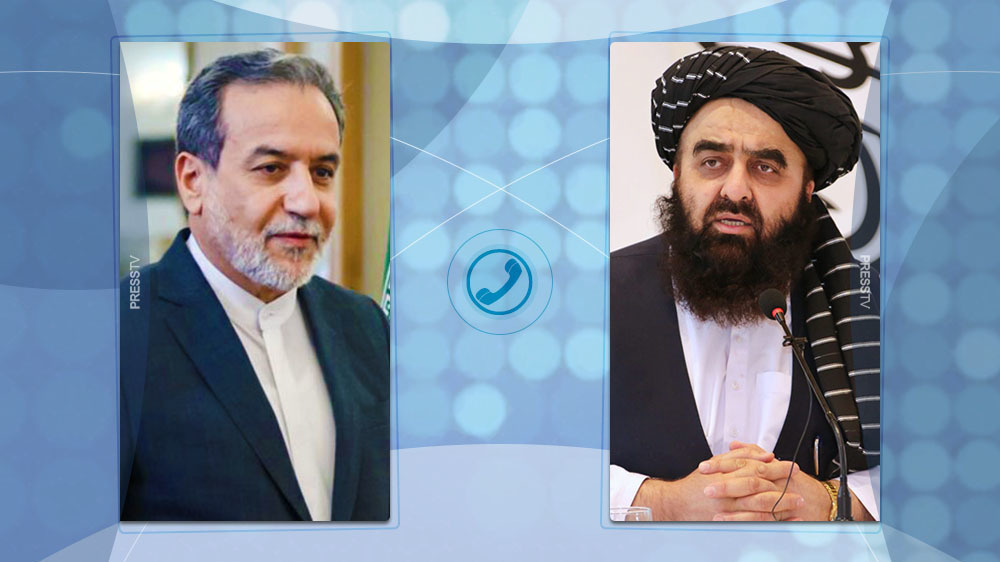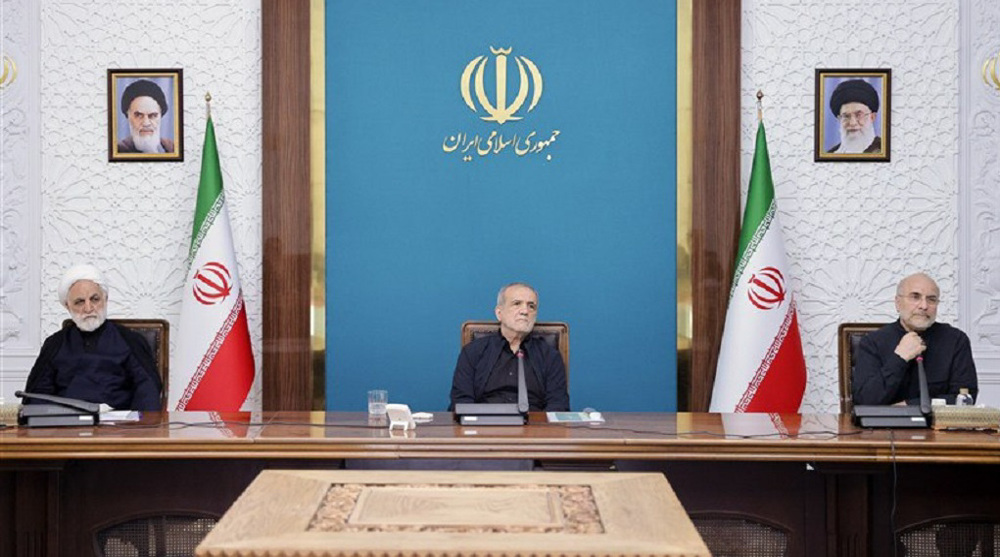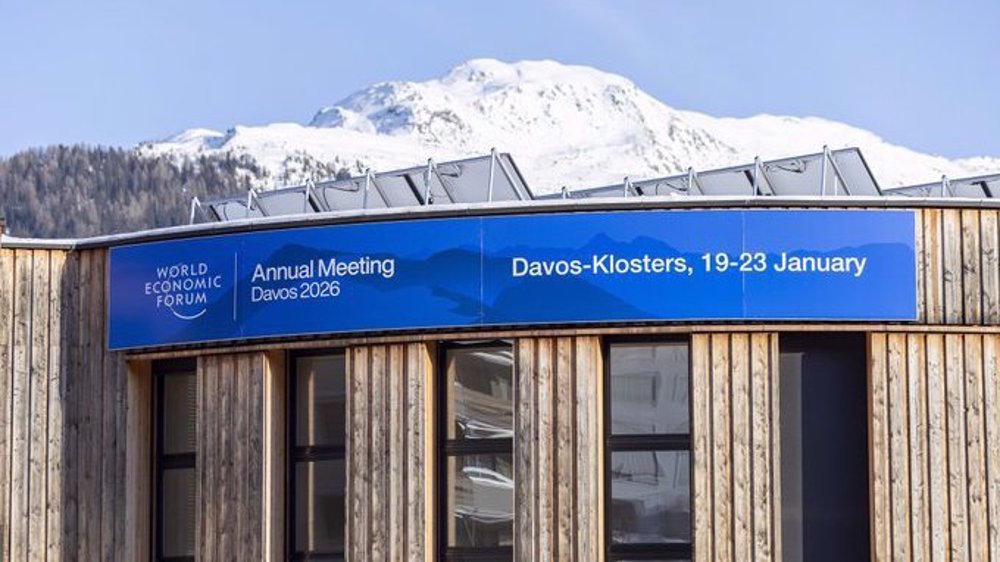JCPOA must speed up economic development: President Rouhani
Iranian President Hassan Rouhani has called for increased efforts to achieve a flourishing economy after the recent lifting of anti-Iran sanctions as part of a nuclear agreement with the six major world powers.
Addressing hundreds of Iranian entrepreneurs in Tehran on Tuesday, Rouhani stressed the need for “collective efforts” as well as the participation of Iranian youths to help develop the country’s economy.
Pointing to the removal of unjust sanctions, which had negatively affected economy over the past decade, the Iranian president said the country could soon return to economic boom.
He said Iran could soon start to vie against major economies by availing itself of the opportunities created after the implementation of the nuclear agreement reached with the P5+1 – Russia, China, France, Britain, the US and Germany – last July.

The agreement – dubbed the Joint Comprehensive Plan of Action (JCPOA) – went into force on Saturday.
A day later, all nuclear-related sanctions imposed on Iran by the European Union, the UN Security Council, and the United States were lifted. Iran in return has put some limitations on its nuclear activities.
Rouhani further said “the JCPOA is the start of speedy economic progress in the country,” adding, “Today, our main challenge is complete elimination of the [economic] downturn, [achieving] economic prosperity, and creating employment.”
“Sanctions are gone, [now] we should travel the path towards developing and building Iran together,” added the Iranian chief executive.
‘Obstacle-ridden path to agreement’
Rouhani also enumerated some of the obstacles in the way of the diplomatic efforts that led to the JCPOA’s conclusion and implementation and said “it was not easy to achieve success in a complex issue, which had been devised by [the global] arrogance and Zionism” to pile pressure on the Islamic Republic.
Many sought to sabotage the nuclear negotiations with Iran and conspired to cause a slump in global oil prices to that end, but they failed to do so, he added.
“Radicals in Washington and New York were always trying to prevent this day from being recorded in history.”
“Some went to the United Nations, spoke at the General Assembly, showed [the picture] of a bomb to the representatives of world nations, and said ‘do not trust Iran,” he said, referring to Israeli Prime Minister Benjamin Netanyahu brandishing such picture at the assembly in 2012 to demonstrate, what he referred to as, Iran’s nuclear capacity.
Angered by the diplomatic process over the Iranian nuclear file, the Israeli regime had been lobbying intensely to stop the agreement that ended more than a decade of standoff between the West and Tehran.
Araghchi slams World Economic Forum for canceling his Davos invitation
Iran condemns Argentina’s unfounded accusations against IRGC
VIDEO | Fighting British state
Pezeshkian calls recent riots in Iran part of ‘failed’ US-Israeli war
VIDEO | Iran unity nullifies sedition
UK ‘preemptively’ discharges pro-Palestine hunger strikers recovering in hospital
US dollar falls in Iran amid rising export currency supply
Trump’s ‘Board of Peace’ for Gaza an extension of Israeli occupation: Ex-UN rights chief















 This makes it easy to access the Press TV website
This makes it easy to access the Press TV website